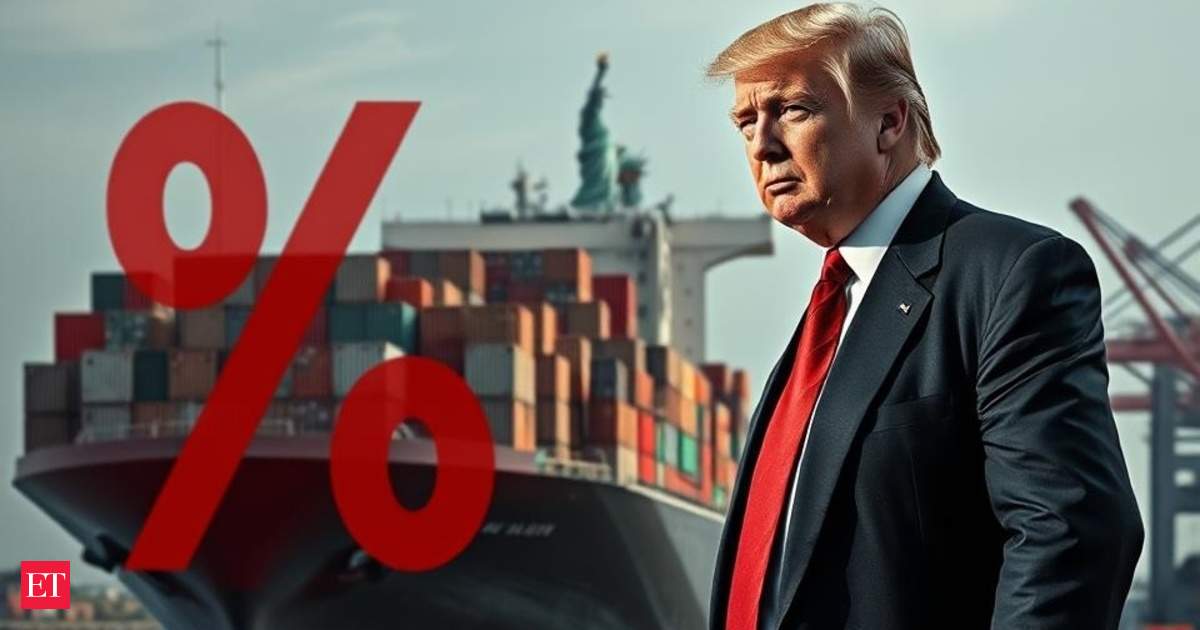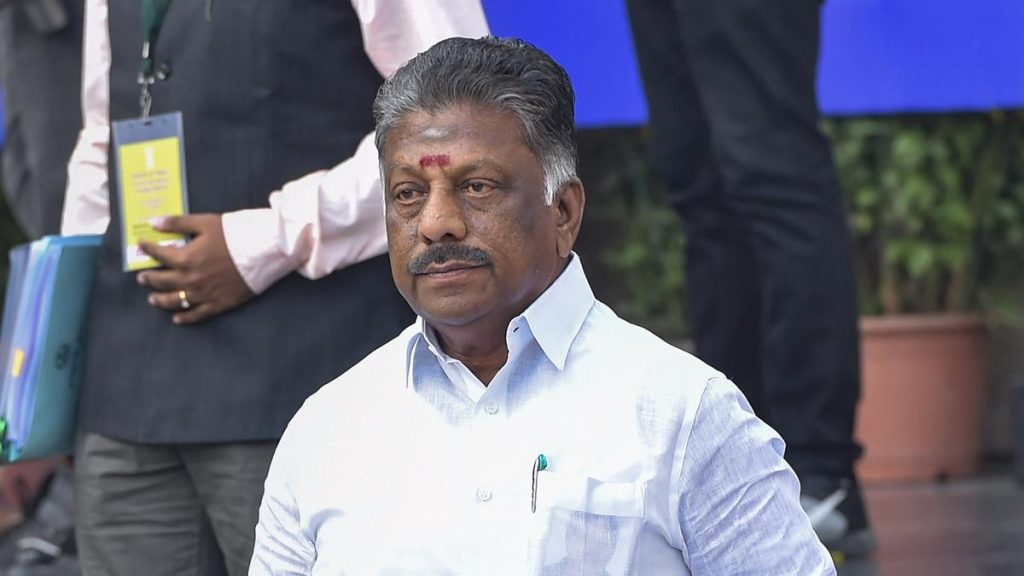Now Reading: Trump Challenges Market Norms: Who Bears the Cost?
-
01
Trump Challenges Market Norms: Who Bears the Cost?
Trump Challenges Market Norms: Who Bears the Cost?

Quick Summary
- The new US tariffs under President Donald Trump are not “reciprocal,” but rather proportional to a country’s trade deficit with the US, adjusted for bilateral trade size.
- These tariffs disproportionately impact countries like Bangladesh that have optimized their economies for American consumer demands, making their products appear less competitive.
- India benefits in the garment sector as its products now face lower tariffs (26%) compared to Bangladesh (37%). This makes Indian garments relatively more attractive in the US market despite inefficiencies.
- Bangladesh’s advanced textile sector faces a disadvantage despite years of investment in labor standards and production capabilities. Simultaneously occurring, the cost disparity between both countries’ products and US-made goods remains significant.
- experts suggest Trump’s tariff strategy may hurt American consumers by increasing prices and reducing quality while failing to create domestic manufacturing jobs.
- the formula creates economic uncertainty as investors can no longer predict stable supply chains or costs due to fluctuating tariff advantages among global competitors.
Indian Opinion Analysis
The recent tariff changes highlight India’s unexpected windfall at Bangladesh’s expense in the global garment industry, with its perceived inefficiency ironically turning advantageous under this policy. While this could provide short-term economic relief for indian manufacturers struggling with global competition, it also exposes India’s long-standing challenges in optimizing scale and efficiency.
For india,such policies may represent an opportunity to expand its foothold in sectors where it previously lagged behind competitors like Vietnam or Bangladesh. Though, relying on external distortions like unpredictable tariffs rather of internal systemic improvements is unsustainable over time.
From a broader viewpoint, these developments underline vulnerabilities afflicting international trade systems when unilateral policies disrupt established supply chains without clear direction or equity. Increased uncertainty could discourage foreign investments crucial not only for India but for all emerging economies tied into interconnected markets.


























